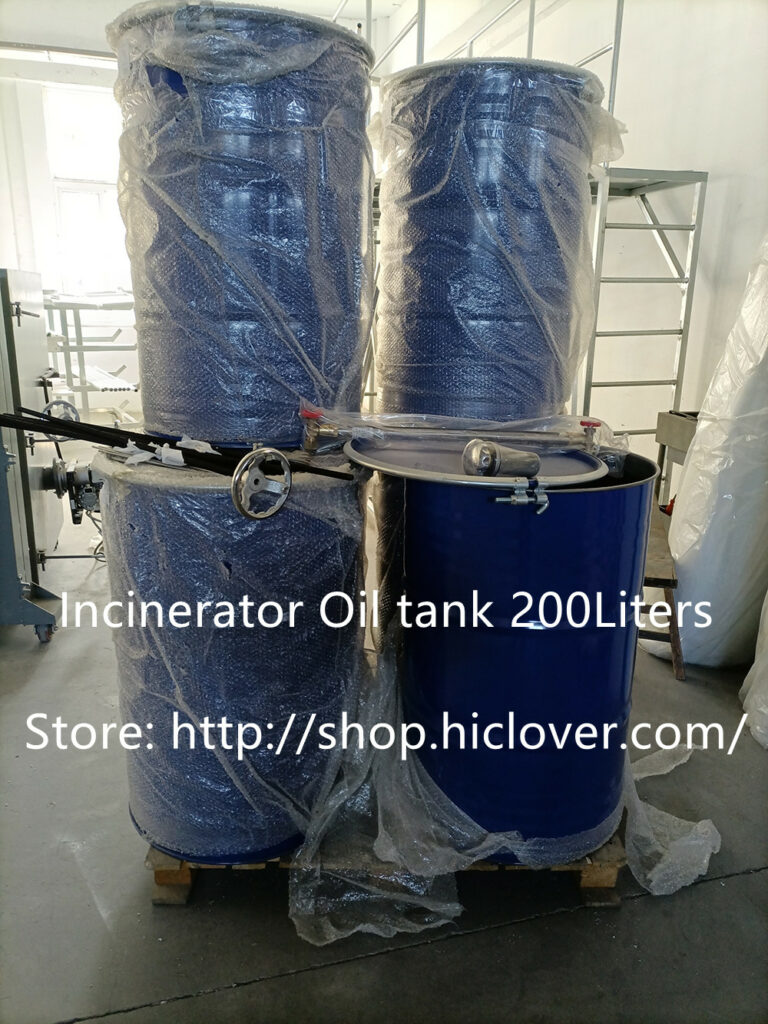Solid waste management is a growing concern as the world’s population continues to grow and urbanization becomes more prevalent. With the rise in waste generation, it is imperative to explore new technologies and advancements in solid waste management to ensure the efficient and sustainable treatment of waste.
Thermal treatment technologies have been gaining momentum in recent years as an effective method for managing solid waste. These technologies involve the use of heat to break down solid waste into its constituent elements, which can then be utilized for energy generation or further processed into valuable materials. Advancements in thermal treatment technologies hold the potential to revolutionize the way we manage and dispose of solid waste.
One of the most promising advancements in thermal treatment technologies is the development of advanced incineration systems. Traditional waste incineration has been met with criticism due to its potential environmental impacts, such as air pollution and release of harmful emissions. However, advanced incineration systems have been designed with state-of-the-art emissions control technology to minimize the release of pollutants into the atmosphere. These systems also have the capability to recover energy from the waste in the form of heat or electricity, making them a sustainable and efficient method for waste management.
Another exciting development in thermal treatment technologies is the implementation of pyrolysis and gasification processes. These processes involve heating solid waste in an oxygen-free environment to produce syngas, which can be used as a fuel for electricity generation or as a feedstock for the production of chemicals and fuels. Pyrolysis and gasification offer a valuable alternative to traditional incineration as they are able to convert a wider range of waste materials and offer higher efficiency and lower emissions.
Furthermore, advancements in thermal treatment technologies have also led to the development of waste-to-energy plants, which utilize heat generated from waste combustion to produce electricity and/or heat. These plants are becoming increasingly popular as a sustainable method for waste management, as they not only reduce the volume of waste going to landfills but also generate renewable energy, contributing to the global effort to reduce reliance on fossil fuels.
In addition to these advancements, the utilization of thermal treatment technologies has also led to the reduction of reliance on landfilling, which is a major contributor to environmental pollution and greenhouse gas emissions. By diverting waste from landfills and applying thermal treatment technologies, we can dramatically reduce the environmental impact of solid waste management.
Looking to the future, the continued advancement of thermal treatment technologies holds great promise for the sustainable management of solid waste. As these technologies become more efficient, cost-effective, and environmentally friendly, they will play a critical role in addressing the growing concern of waste management on a global scale. It is essential that governments, industries, and communities continue to invest in and adopt these advancements to achieve a more sustainable and circular approach to waste management. With the constantly evolving landscape of technology, the future of solid waste management looks bright with the potential for thermal treatment technologies to revolutionize the way we manage and dispose of waste.



